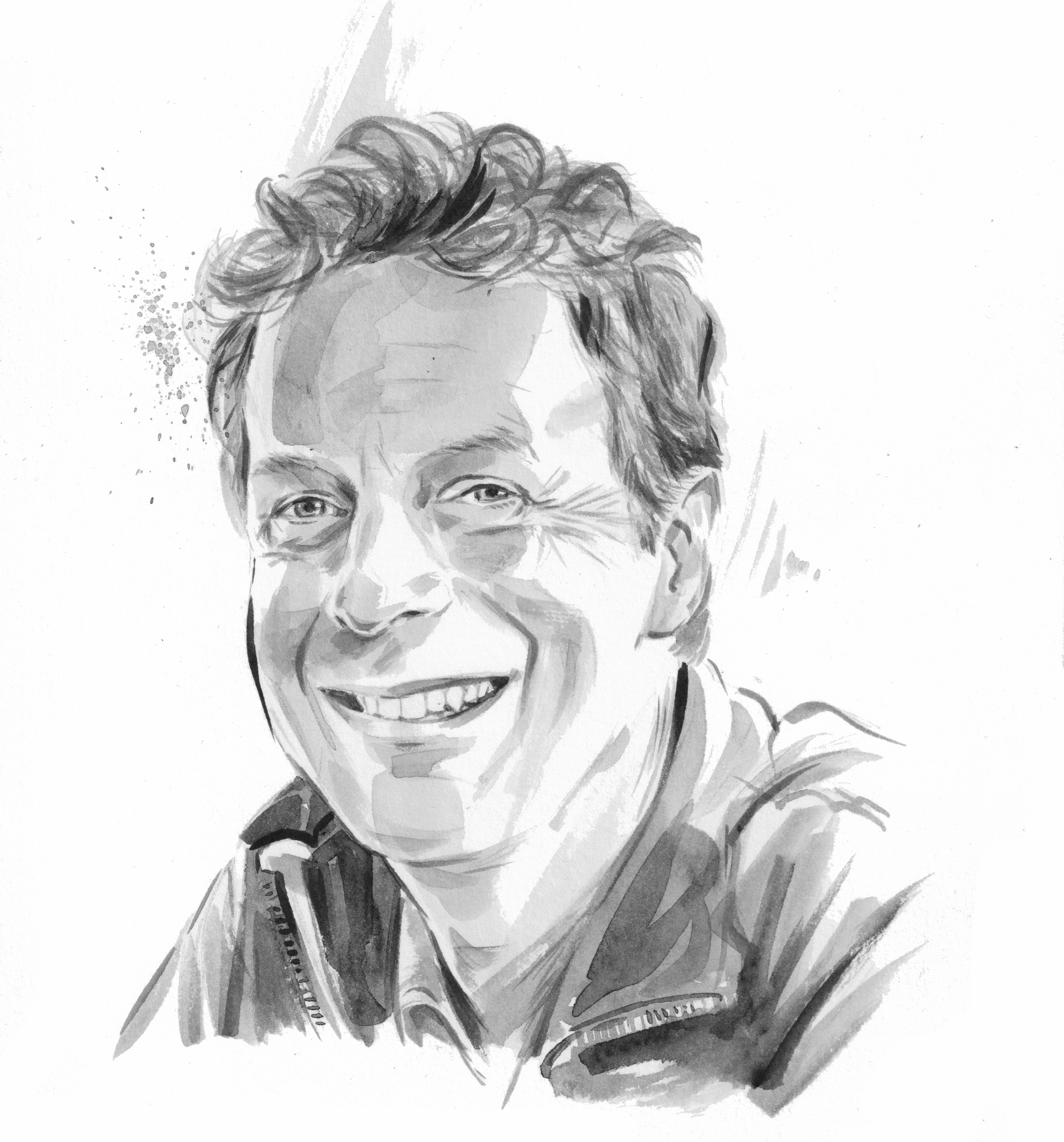The revised Early Years Foundation Stage framework (2021) prioritises the curriculum in the early years and advises against an excessive emphasis on tracking children and generating lots of data.
But what sort of curriculum works best?
We know that young children are delightfully curious and brilliant learners. The brain of a three-year-old is already 80 per cent of the weight of an adult’s.
As Professor Usha Goswami notes: “Children think and reason largely in the same way as adults. However, they lack experience, and they are still developing important metacognitive and executive function skills.”
Children need us to intentionally augment their learning through language and teach them new things. For this reason, we might assume that teacher-led approaches might be superior to play-based learning.
Indeed, this is why psychologist Jerome Bruner, as director of the Oxford Pre-School Project in the 1970s, critiqued what he called the “development idea” - “that children must be allowed to develop in congruence with their own needs and modes of thought”.
Yet the “development idea” lives on.
While a strong emphasis on child-directed play and learning may work well for some children, especially those with well-educated parents and strong support for their home learning. For others, however, missing out on important early learning because of a lack of explicit instruction has long-term, negative consequences.
As Professor Lee Elliot Major and Dr Sam Parsons recently reported: “Falling below expected standards in preschool assessment of ‘school readiness’ (age 3) and teacher assessment of literacy and number skills at school entrance (age 5) are both highly predictive of failure to attain a grade 4 or higher in GCSE English language and maths at age 16.”
Perhaps to some degree, but it is also important that things don’t swing too far the other way. Planning an early years curriculum that includes the geography children will be learning in term two, week three in Reception, for example, is not sensible.
More by Julian Grenier:
It is useful for us to have a big picture of the learning children need to acquire from their time in EYFS, but we must also remember the importance of motivation, building on children’s interests and learning through play.
There is plenty of evidence to support play-based learning in the early years. When adults sensitively join in with and gently guide children’s play, this supports children’s developing self-regulation. This approach can be more effective than either direct instruction or free play. Play is at the heart of effective early education.
That’s why we need a “mongrel curriculum” for the early years, mixing these different approaches. A completely child-led approach is not appropriate.
In maths and phonics, for example, children need a carefully sequenced curriculum to ensure they securely learn the small units of knowledge they need, incrementally, to succeed.
But play is crucial, too.
Just as mongrels are healthier and more resilient than pure-bred dogs, a mongrel curriculum is better for young children than a purely child-led or adult-directed approach.
Dr Julian Grenier is headteacher of Sheringham Nursery School and Children’s Centre. He co-leads the East London Research School






